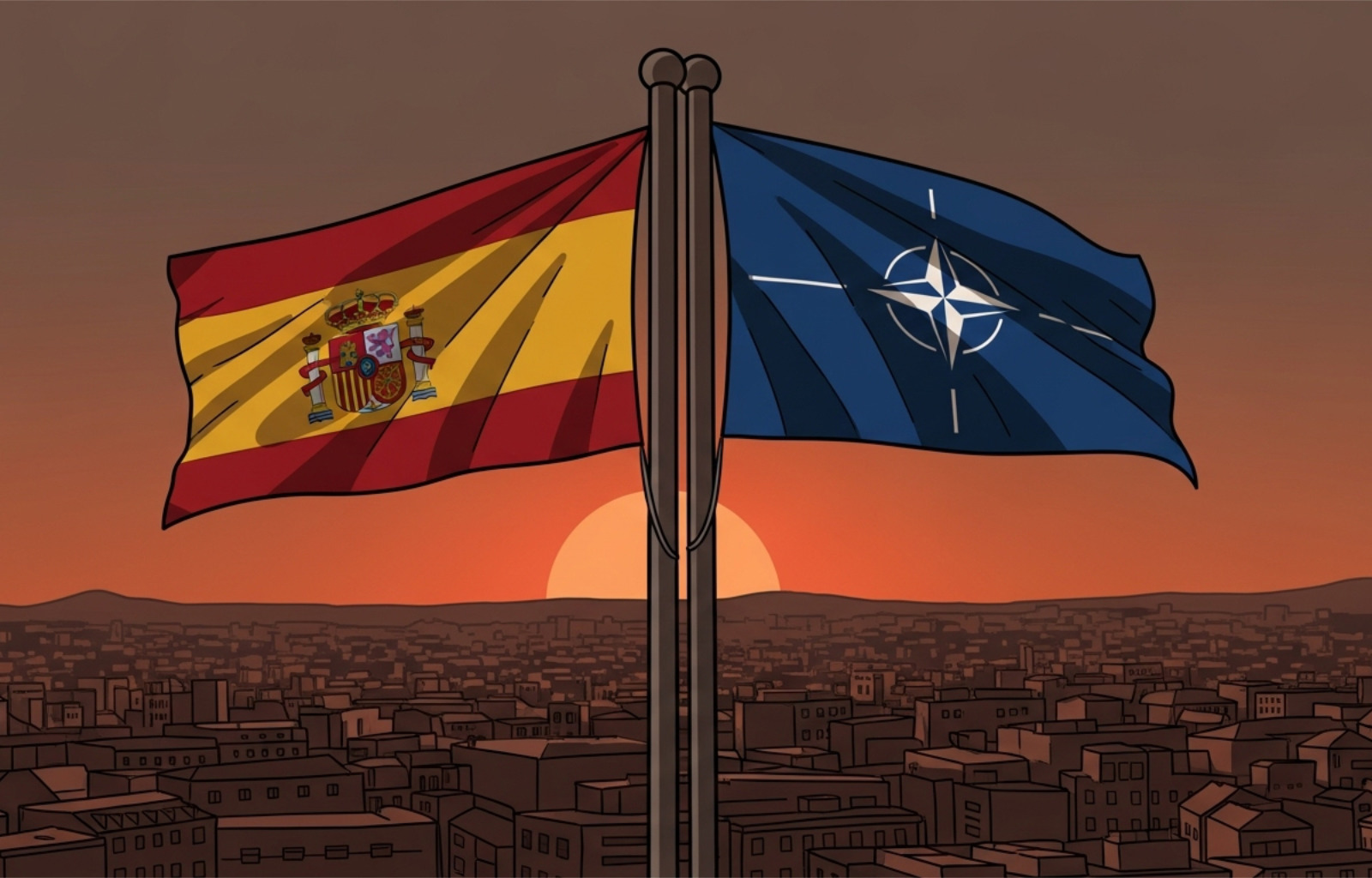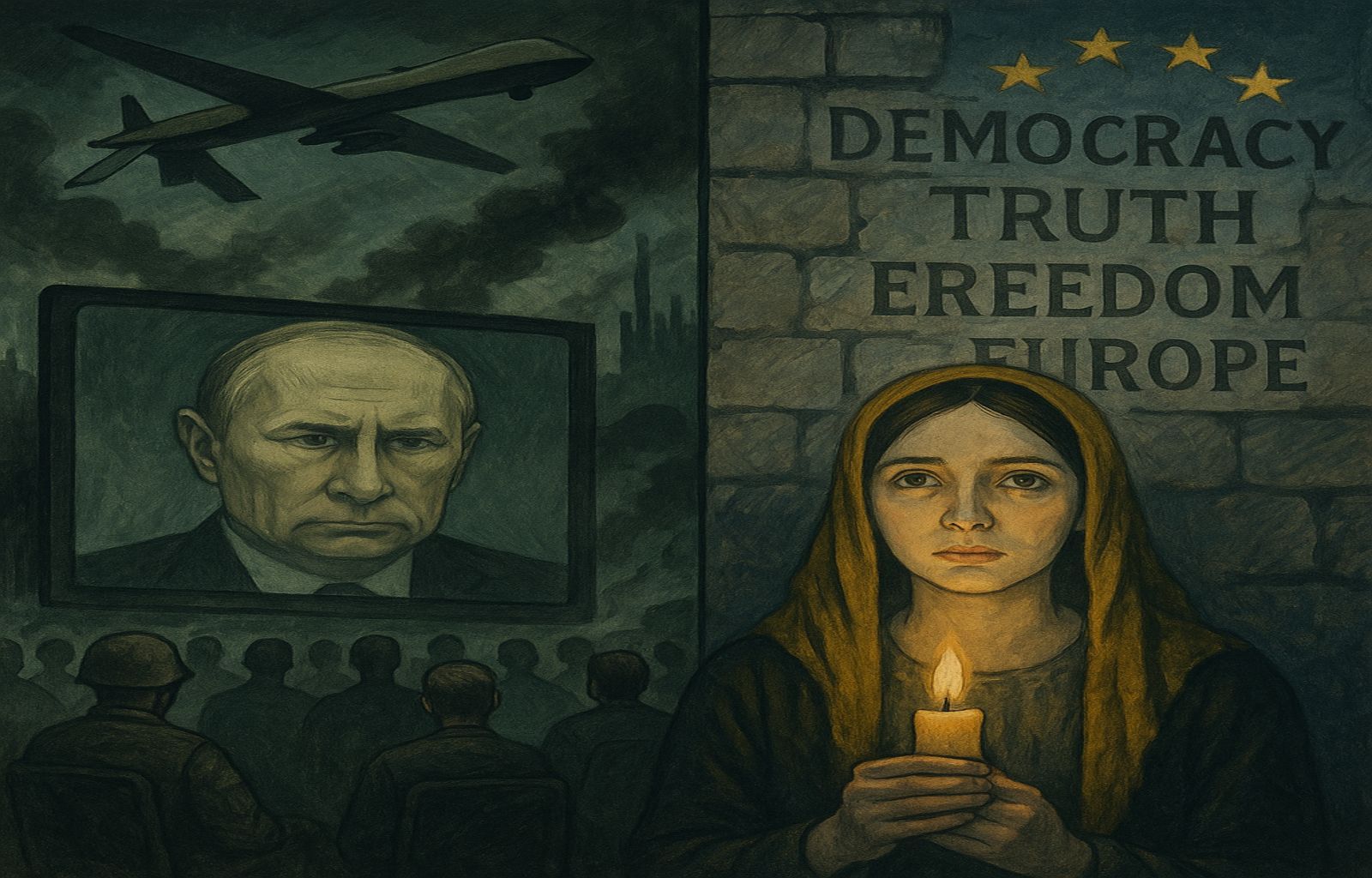From Conte’s carrot to Meloni’s stick, Italy is being ruled like a fief

Three years ago the Draghi cabinet crisis began.
The less forgetful Italians remember well how it unfolded. Already for months the Five Stars Movement had been having belly aches over what the cabinet of national unity was doing: support for Ukraine, large infrastructure projects and, above all, the silent dismantling of the clientelistic expenses on which their pact with their voters was based.
The former minister Giuseppe Conte, labeled ‘the strong reference of all progressives’, was the face of this nervousness.
Once the internal game against Luigi Di Maio was over, Conte threatened to pull the plug on the government under the pretext of blocking the Rome waste incinerator.
The alternatives began to be sounded out: go ahead without the Five Star Movement, giving it as well as Meloni an easy opportunity to do opposition?
Give in to their pressure?
Go straight to the vote?
While this was still being discussed, a second stab in the back arrived, much more unexpected and deadly than the first: that of Forza Italia.
The party that claimed to be ‘liberal’ and ‘moderate’ could not actually bear reforms that would have touched two important pockets of privilege such as taxi drivers and beach resorts owners.
Moreover, the polls said that any snap election would be overwhelmingly won by the centre-right, where the “berlusconians” would gain more seats than they had in the cabinet of national unity.
Mr. Draghi refused to bend to both the blackmails, and so the inevitable happened.
The letters sent by nurses, doctors, economists, charity volunteers and heads of thousands of companies, begging the parties to extend the moment of stability and international credibility the country was going through a little longer, were useless.
By the end of the month , mr. Draghi had resigned. Three months of ordinary affairs and it Italy came back to the voting polls.
Conte: consensus shopping with public money
Thus ended a brief moment of relief between two choking eras of populism.
We know what had come before: “Giuseppe-Contism”, which means the purchase of consensus by through a squandering of money that was moved from the pockets of anonymous citizens to those of members of precise social blocks who might feel grateful for the gift.
First came the basic income and the “Quota-100” retirement reform, two 15-billion-a-year bills which were at least justified by the fact that a small proportion of the beneficiaries were in serious economic difficulty.
Then, with the pandemic, came the abyss.
The subsidies to real estate alone have put Italians into debt to the tune of 150 billion (a figure higher than the entire Marshall Plan in terms of purchasing power parity). But they came along with the holiday subsidy, the spa subsidy, the dog subsidy, the grandparents subsidy (a subset of the babysitter subsidy), the furniture subsidy, the bike subsidy, the taps subsidy, the wedding subsidy, the decoder subsidy.
A perverse three-card-trick in which the Sovereign meddled in any purchase of the subject to gain his gratitude, while the economy as a whole grew much less than it would have if Italians had been left free to use the same money to buy what they preferred at market prices (or, in a socialist perspective, if that same money had been concentrated by the state on a few strategic investments).
A South American style of government, accompanied by a American glorification of the leader as the “People’s advocate” and “Saviour from Covid”, which could only lead to South American results.
Meloni: ‘free’ consensus through the penal code
We also know what came next: “Giorgia-Melonism” . A more nuanced phenomenon than Giuseppe-Contism, but with equally disturbing aspects.
The centre-right majority inherited a public budget shaken by the ‘strong reference of all progressives’ and could do nothing but continue along the path of consolidation already taken by Mario Draghi. It has therefore had to unwillingly keep the accounts in order and refrain from electoral shopping.
Even in foreign policy, with the war already brought by Putin to the very heart of Europe, Meloni has found herself with an obligatory track to follow and few demagogic cards to play.
Her incendiary rhetoric on immigration had the same fall-off point as the Democratic Party’s honeyed rhetoric in 2017: millions of entries with regular flows, which Italy cannot give up, and rich subsidies to butchers on the other side to curb irregular flows.
What did Meloni have left, at that point, to feed to the electorate?
Unfortunately, after almost three years, we found out: the truncheon and the bars of the cell.
Meloni has made a show use of the criminal law that makes any reasonable person cringe. She has reacted to each top news by introducing a new offence, a new aggravating circumstance or a new increase in punishment, as impulsively as she would have typed a tweet when she was in opposition.
Thus, one after the other, we have seen the crime of rave party, the crime of road blocking, the crime of selling cannabis light, prison for those who assault nurses and teachers (and why not secretaries and lifeguards?), imprisonment for those who cheat the elderly (why just the elderly?), imprisonment for those who mistreat animals (what kind of animals?) with an aggravating circumstance for those who do it live on social media (do my cat’s fleas have more pain if I publish a tutorial on how I kill them?), arrest for those who drive after drinking even if they have not caused any accident, an aggravating circumstance for those who commit crimes near a railway station (why not near a playground?) and another avalanche of laws that are as repressive as they are discretionary.
Taken one by one, perhaps, these measures are cost-free for the government and emotionally acceptable to citizens, since they punish behaviour around which there is much collective indignation.
But put all together they will cause the side effects of which Cesare Beccaria patiently warned us three centuries ago: loss of authority of the state, which is physically unable to impose such severe sanctions on most offenders, increase in the seriousness of crimes (if I go to jail even for minor transgressions, I have less qualms about committing serious ones), worse suffering for those unjustly accused, clogging of the courts that delays the moment when one serves one’s sentence or is found innocent.
In addition to the damage, then, there is a mockery that Italians know well thanks to the fictional lawyer of Alessandro Manzoni’s The Betrothed: in territories where there is a mafia that the law does not dare touch, the harshness of punishment only torments the weak while sparing the strong. Not exactly good PR for the institutions.
Even after all this, a full application of the new security laws would fill prisons with tens of thousands of new inmates.
But we know that the prison population is already collapsing and living in cattle-cart conditions, with almost a hundred suicides a year: it almost seems like a covered return to the death penalty.
Faced with this fact of reality, what does Minister Salvini’s and President Meloni’s cabinet plan to do?
Ban protests in prison, even a simple hunger strike. Equalise teenager jails with those for adults, with the absurd ‘Caivano-Decree’ that is depriving those who did wrong as children of all hope.
Allow pregnant women or women with small children to be imprisoned.
“Review the laws against torture to allow officers to do their job better” (this is mr. Salvini’s quote, of course).
The only alternative to imprisonment that is being studied at the moment is chemical castration: a brutality that even the fanatical Muslim regime in Pakistan has refused to approve of.
In short, Meloni’s inability to engage in petty demagoguery by buying consensus with public money is unfortunately being paid for in blood, far from the eyes of the ordinary citizen, in the slaughterhouses into which our prisons are gradually turning.
Regression to feudalism
But there is little to be surprised about. Populists have always drawn on a feudal and pre-modern way of ruling, which, in their view, should appear simpler, more orderly and more comprehensible to the voters than the equal social contract on which a mature democracy is founded.
From feudalism, Conte had taken the clientelistic benefit with which the lord binds the commoner to himself in a relationship of dependence and personal gratitude.
Meloni, on the other hand, has taken up the cruelty with which the lord announces exemplary punishments for criminals, inflicts them on a few individuals here and there, and thus deludes the commoner into thinking he is looking after his safety, even though the commoner’s safety, as Cesare Beccaria has well demonstrated, does not increase.
A spectacular fiction that masks impotence.
How we miss Mario Draghi, and how we miss true statesmen who do not divide Italy into lords and commoners.











